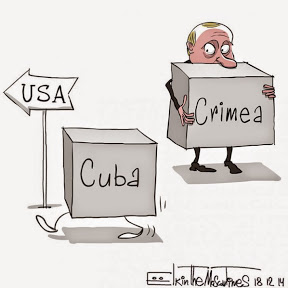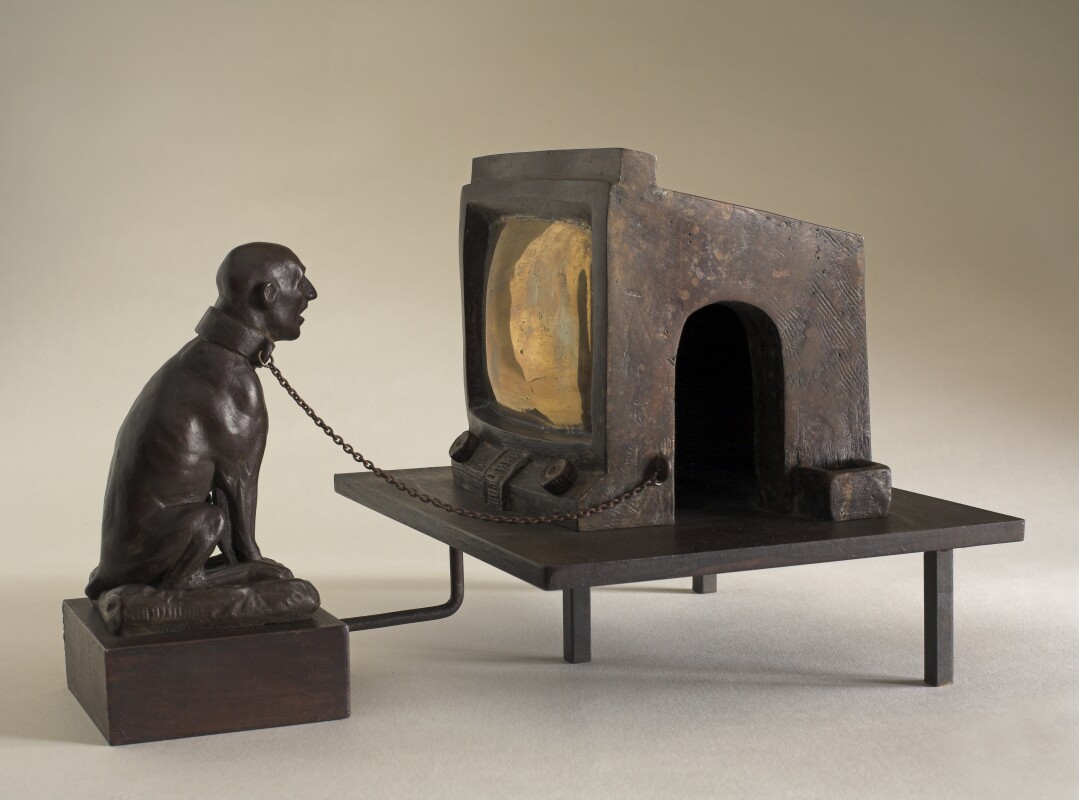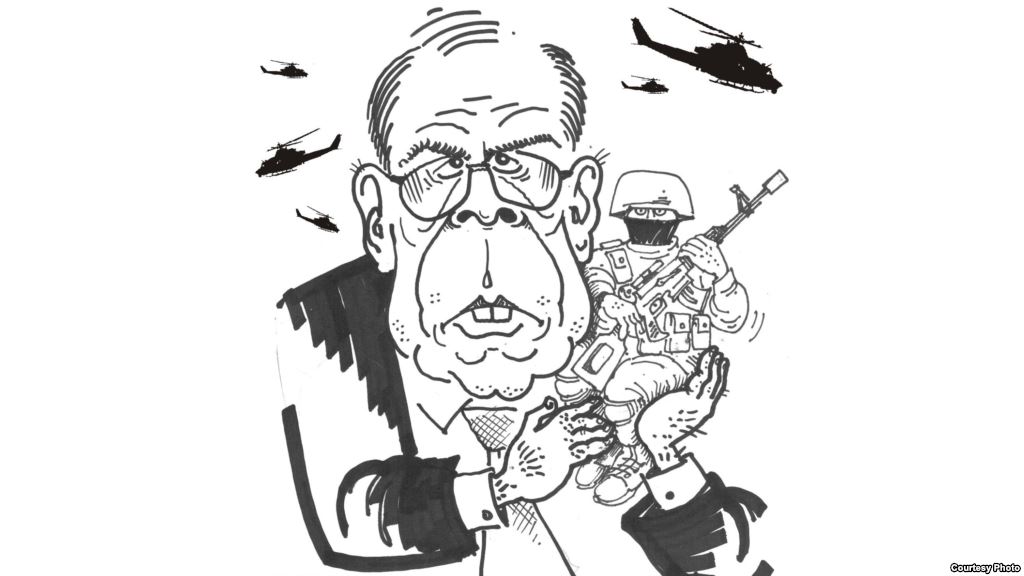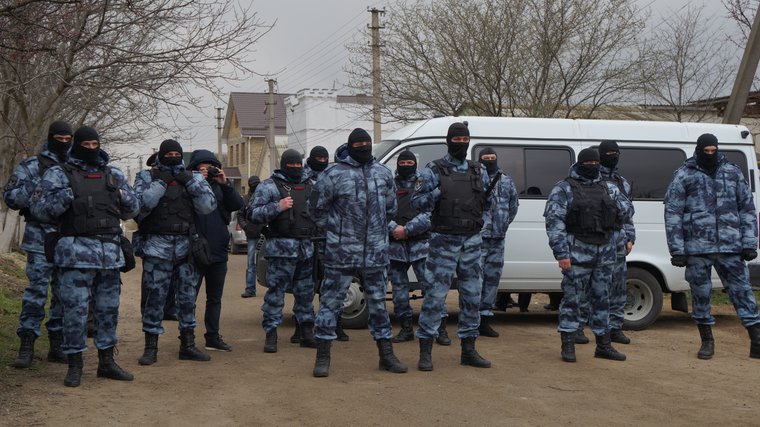Many people have pointed out that Putin does not have an adequate understanding of other people and political activity. In his view, Kirillova says, “people cannot engage in protests unless they are given orders by the CIA, that the world is divided into spheres of influence, and that Ukraine and a number of other countries are in principle not on the map.”
The Kremlin leader is “simply physically incapable of understanding that Ukraine is… not a sandwich… or a land with serfs but a sovereign state” that is different from Russia and has its own rights as such. How can anyone hand over a country whose people have suffered so much because of what Putin has done?
“That is why reaching an agreement with Putin is absolutely useless,” Kirillova says; “he will demand the impossible by ignoring objective reality because his world, one in which there are only objects is a static one” rather than one containing a multiplicity of subjects who can and do act on their own.





